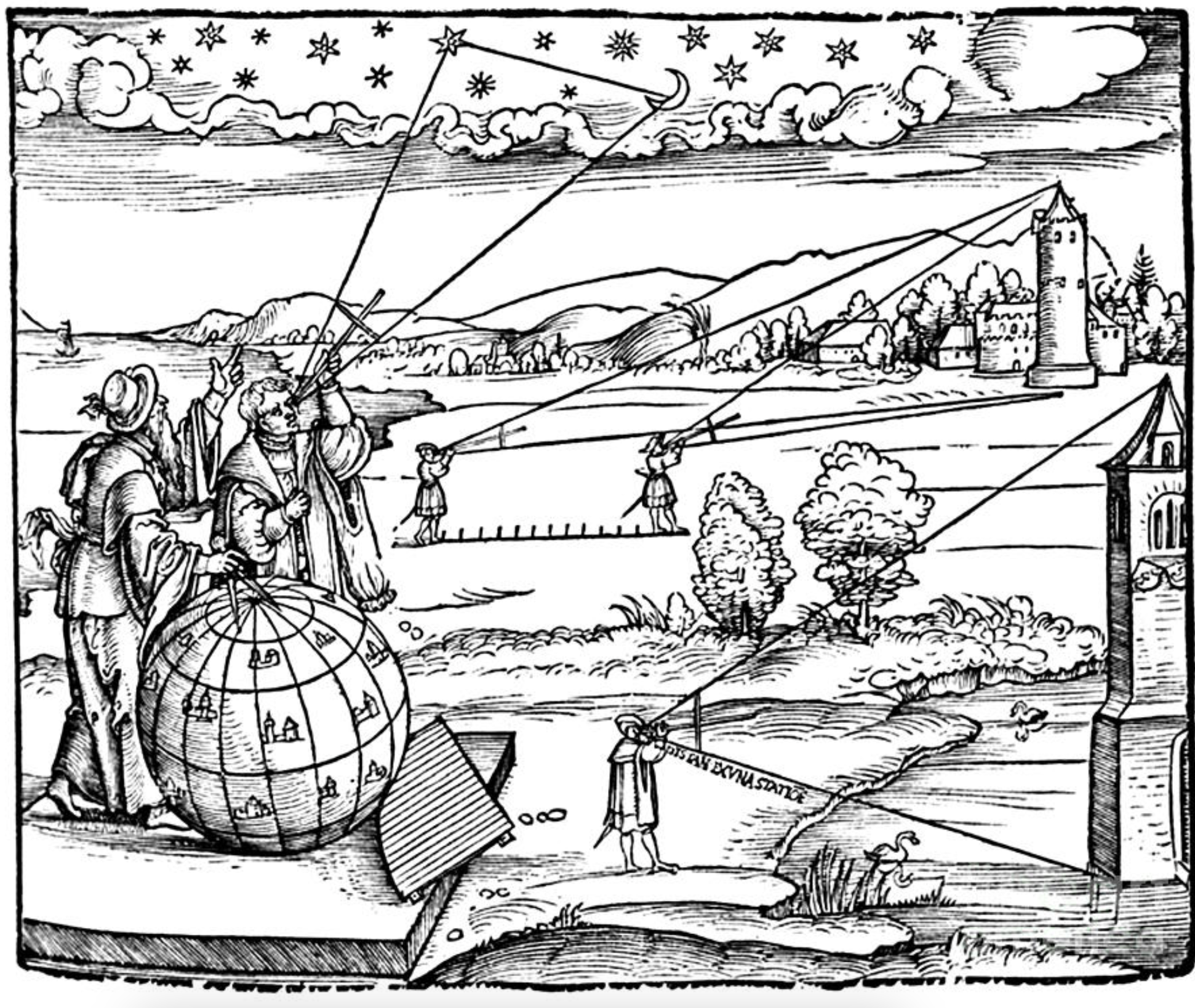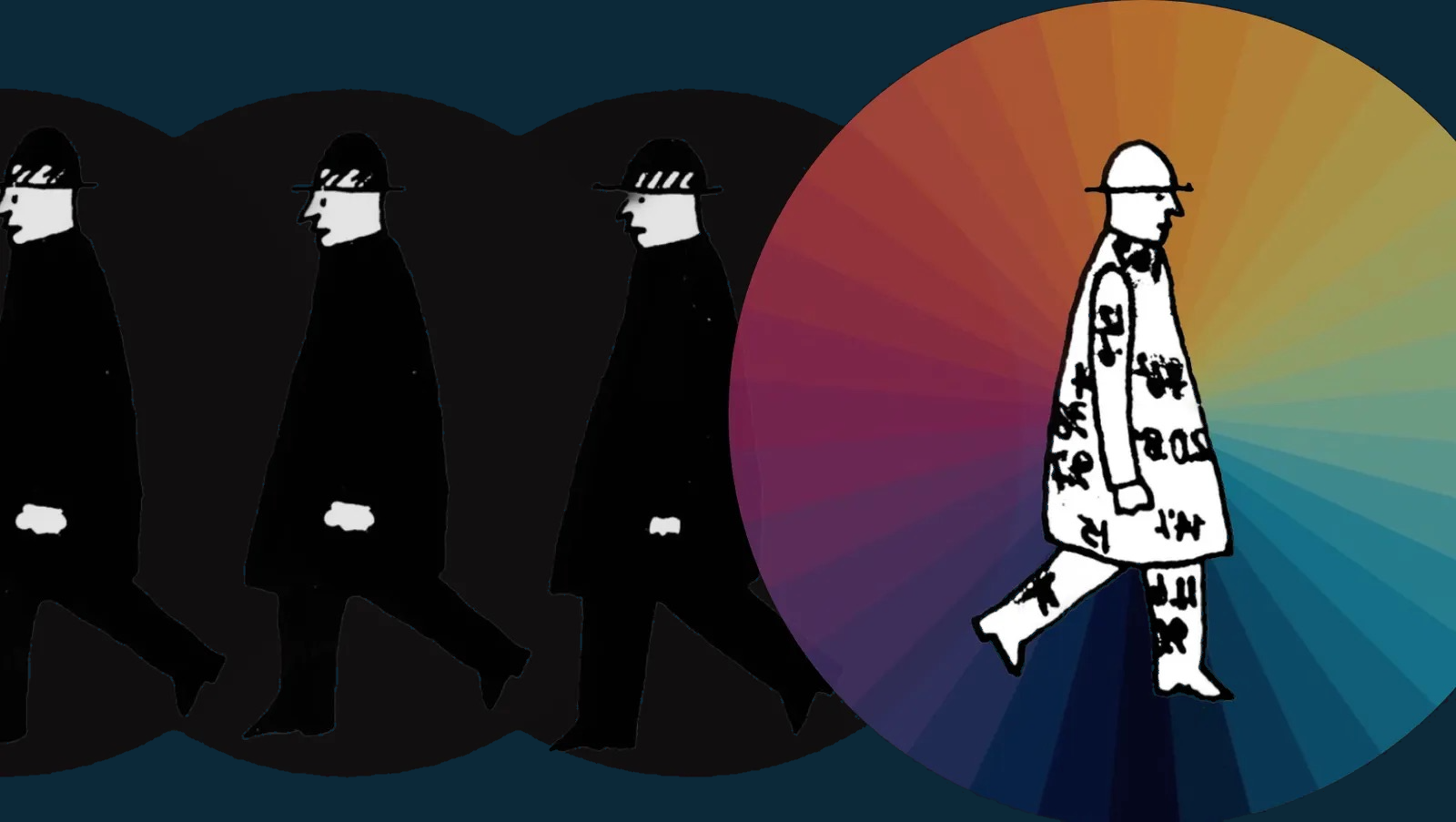In order for an idea to be considered "truth", it's got to be coherent within a system of ideas and a system of experienced realities. No truth exists in isolation.
An idea becomes recognized as true only when it aligns with lived experience, known facts, and consistent observations across perspectives; and to remain true, it must be continuously measured against reality as we and others actually experience it.
Truths must be true across the board, true in every experience of reality. What is true about the particles being tested and discovered by cern is also true about the particles which make up your body.

Coherence demands that our models reflect the full dimensionality of whatever they aim to describe. When our models can’t account for the full range of human experience, we haven’t found truth. And when our models lack that coherence, it’s a sign that our version of “truth” is incomplete.
The science that’s been used to decode our biological reality fails to consider, or really even acknowledge the quantum characteristics of the body, consciousness, and health. It's been entirely biochemical.
It assumes the body is a machine, reducible to chemical inputs and outputs and doesn’t account for non-linear, emergent, or known observer phenomena. It fails to recognize that the nuance of life can’t be averaged into a single number and forced onto every human as if it were universal truth.
Clinical and laboratory data collapse multiple dimensions into a singular outcome. This average outcome is then used to prescribe or justify interventions for every single citizen on the planet.
This kind of data flattens complexity. It takes a wide range of biological responses and reduces them to a single number. That number then gets treated as truth, even though it completely ignores how different people actually are in terms of physical health, emotional health, environmental stability, lifestyle, environmental exposures, ancestry or demographic.
To deem any biological intervention universally “safe and effective” is not science. It’s a convenient abstraction and it’s inherently deceptive. It demands to be accepted as truth, even though it ignores how different people actually are in terms of health, lifestyle, environment, heritage, demographics, even emotional state. The reductionism our scientists use makes it clear that the priority is convenience and control over biological reality.
When conclusions are based on statistical averages without understanding the shape and structure of the full data distribution, we’re erasing the complexity of 3D physical reality and converting it into binary terms that have no meaning in lived experience.
When these abstractions are treated as absolute truths, it becomes dangerous, especially in medicine and public policy.














Discussion